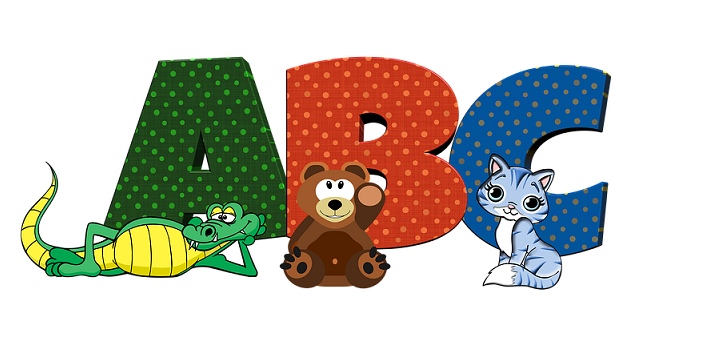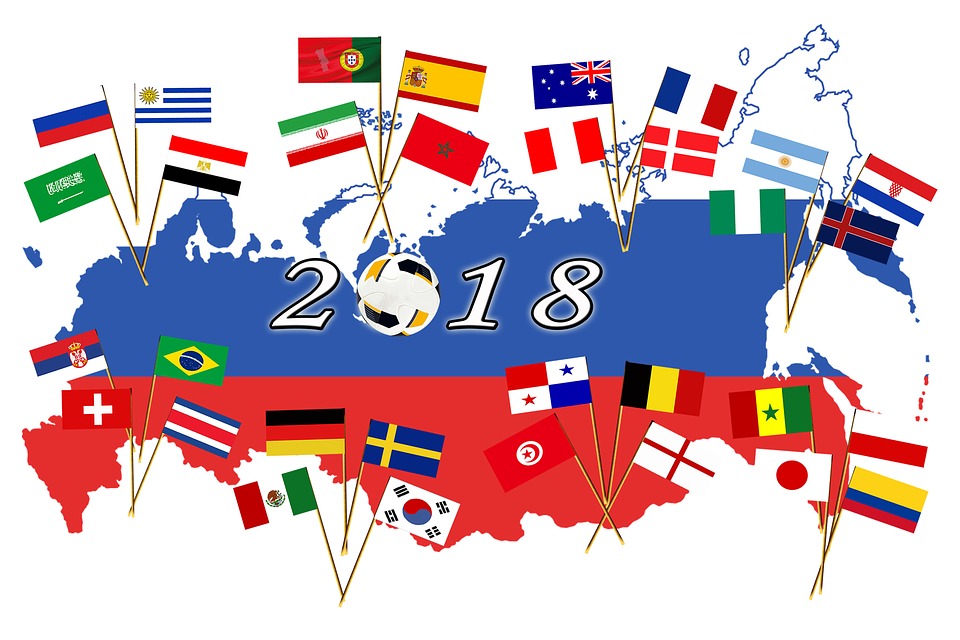The language of denial is complex and varied. English has many words that express a similar sentiment. The verbs ‘to deny’, ‘to decline’, ‘to reject’ and ‘to refuse’ have similar meanings but often distinct uses. You can deny an allegation, decline an
The Language of Denial: to Deny, Reject, Object, Decline or Refuse?










